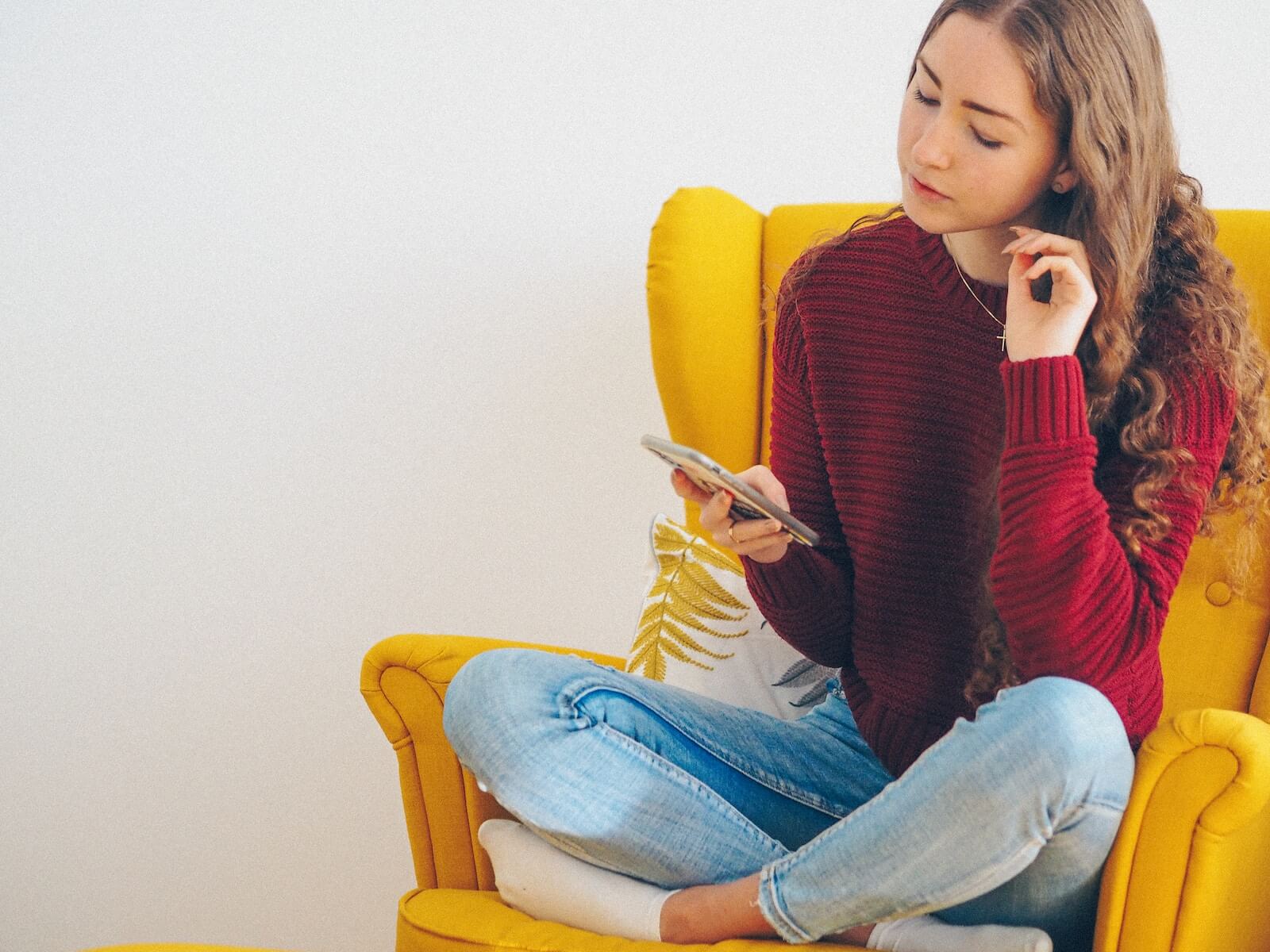DURHAM, United Kingdom — Social media obviously helped many people stay in touch with each other during the global lockdown, but did it actually make anyone feel better mentally? During the pandemic, digital communication platforms like Facebook, Twitter, and WhatsApp did little to mitigate feelings of anxiety and depression, a recent study reveals.
Researchers found that maintaining connections through video calls, phone conversations, or instant messaging did not effectively counteract the surge in stress levels experienced during the COVID-19 lockdowns. Surprisingly, many young adults who ramped up their usage of video and messaging to stay in touch with loved ones they couldn’t meet in person reported worsening mental health.
Scientists from the University of Hong Kong scrutinized data pertaining to the internet usage, mental health, and social isolation of over 16,000 British residents. This data came from four surveys carried out during the 2020 and 2021 lockdowns.
Their analysis revealed a minimal difference in anxiety and depression scores between daily users of video or phone communication and those who never used these means. Individuals who engaged with messaging platforms like Facebook, Twitter, and WhatsApp daily during the lockdowns had anxiety and depression levels similar to non-users.

“Early on in the pandemic, several commentators suggested that online communication modes and video technology in particular can bridge social distances during the pandemic,” says Dr. Patrick Rouxel, a postdoctoral researcher based in the Faculty of Social Sciences, in a media release. “We found little evidence to support the idea that online modes of social contact could compensate for the restrictions in in-person social contact during the pandemic.”
Intriguingly, 20-year-olds who seldom used social media prior to the pandemic recorded a 10-percent higher anxiety-depression score when they started using it daily during the lockdown, in comparison to their peers who used it two to three times weekly.
“The reduction in mental health associated with reduced in-person social contact during the pandemic was not offset by online or telephone modes of social contact. Young adults who increased their online social media frequency during the pandemic experienced a deterioration in mental health,” adds Dr. Rouxel. “Young adulthood is a sensitive period of the life-course for social relationships, with increases in online social media frequency during the pandemic having adverse effects on mental health.”
The study also highlights the financial strain of the lockdowns. Those whose financial situation deteriorated during the lockdowns exhibited an anxiety-depression level 25 percent higher than those unaffected financially.
For context, the surveys spanned various phases of the pandemic: May 2020 during the initial lockdown, September and October 2020 when many restrictions were eased, and February and March 2021 amidst the third lockdown.
The research is published in the journal Sociology.
You might also be interested in:
- Avoiding social media for just one week significantly boosts well-being, cuts depression
- Job seekers still face bias when posting about mental health on social media
- COVID lockdowns ruined our perception of time, leading to more mental health issues
South West News Service writer Stephen Beech contributed to this report.

